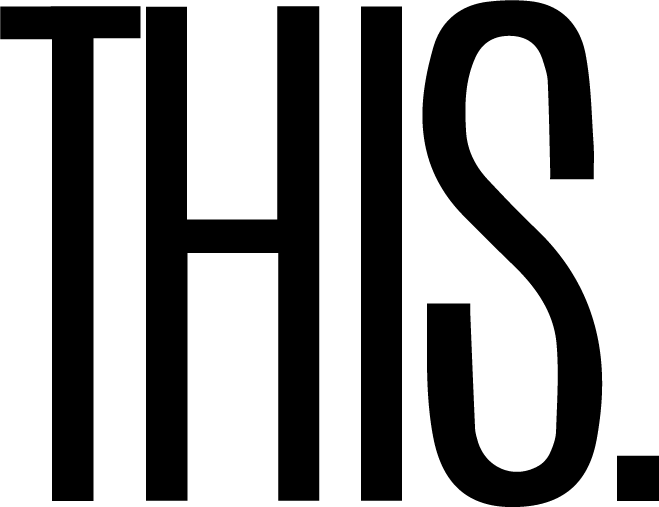I enjoy sharing previously unreleased interviews. This one with Cadence, however, is bittersweet. The producer, DJ and MC born Seth Boyd was revered as both a solo act and as a member of popular Boston group Raw Produce. Sadly, he died in 2013. Having rediscovered our unedited interview ten years after his passing, I’m impressed but not surprised at how relevant it is right now.
The lead of our conversation was his album Creative Commerce, yet its extent expanded to a broader, more concerning topic. Time travel is real; I hope you enjoy THE LOST INTERVIEW! RIP

Cadence you’ve worked hard for the respect you’ve earned. We expect you to get even more with this new project. Tell us about it.
The album is called Creative Commerce. It’s written, produced, performed, recorded, mixed, and scratched by me. Although I did get a little help from some guests: Prince Po of Organized Konfusion, Dumi Right of OUO/Zimbabwe Legit, Blame One, Shed Light, and Mic the Finite.
I started out in a group called Raw Produce. We’re about to drop an album called Selling Celery to Get a Salary: Remixes Demos and B-Sides – which features hard-to-find and unreleased material dating as far back as 1991 – with involvement form the likes of 7L & Esoteric, Akrobatik, Thes One (PUTS), J Rawls (Lone Catalysts), and a few others. I’m also a member of Alternate Reality, a new group project with me and Dumi Right. We’re working on an album now.
What’s your stance on production and selecting the music that best fits you?
If you want something done right, do it yourself. I’ve worked with some outside producers on remixes and such, but I do all of my own beats on my albums, and it’s been that way since the beginning.
Do beats bring out the best in you or do you bring out the best in beats?
I hope it’s a little of both. But I’m not one of those people who will get down on just any old beat. I have to hear something I can grab on to and turn out a real song. I’m very picky like that.
What’s been the best environment to write in?
To me, ideas can come anywhere. Sometimes I’ll get inspired while I’m making a beat and write something right there in the studio. Sometimes I’ll be driving, or walking around listening to a beat in headphones, or sometimes I’ll just be sitting at the computer. It really varies.
Tell us more about your writing background and how your skill and aptitude developed.
Writing of any kind was always emphasized in my family and in my schooling growing up. In fact, as a kid I was involved in a school project that resulted in the publication of two books. So, technically, I was a published author before I got out of junior high. I’ve also done some editorial writing for a few magazines and websites too. I guess all of that carries over into writing lyrics. On my songs I really try to focus on strong lyrical content, be it political stuff, introspective stuff, or just telling a story or getting a concept across.

On what song did you impress yourself the most with your use of words?
I don’t know if I’d phrase it that way exactly, but I pride myself on the lyrical content of my music. One of the most personal songs I ever wrote was called “Metastasis”. It was on the Raw Produce album The Feeling of Now. That song is about my experiences while my mother was dying of cancer. That one is important to me. I’d say on the new album the song “Let It Be” has some of my favorite lyrics I’ve written recently.
How have people responded to those two songs? With “Metastasis”, has anyone reached out to express how your words affected them on a deeply personal level?
Actually I’ve heard from a number people who have lost someone close to them say that “Metastasis” helped them through a rough time. It’s amazing to hear stuff like that. On top of that, people have told me that some of the topical stuff I’ve written, like some of the political stuff on Creative Commerce, made them re-think some issues. I take it as a great compliment.
I put a lot of time and effort into making complete songs, not just throwaway singles. I don’t sell millions of records, so when people take the time to pay attention to the craft of it, or to really digest the lyrics that’s, what makes it worthwhile for me.
Having become a published author so young, and possessing editorial experience, why do you make music instead of doing something else?
I don’t make my living off of music, so I am doing something else. As far as why I still do music? I think the short answer to that is because I have to. It really feels that way. I believe Hip Hop is such a powerful form of communication. That’s what drew me into it as a listener and eventually made me want to be a part of it.
There’s been lots of recent discussions and shared sentiments suggesting that Hip Hop is dying. What do you think?
I don’t think it’s dying. I think it’s lying in wait getting ready to pounce on the opportunists who have been trying to kill it off. But more importantly, I think Hip Hop, at its roots, is a sub-culture, not something that was made for the masses. If the commercial bubble bursts, which seems inevitable, I think that could be good in some ways because it will weed out all those people who are just in it for a big pay day. | By Mr. Joe Walker





